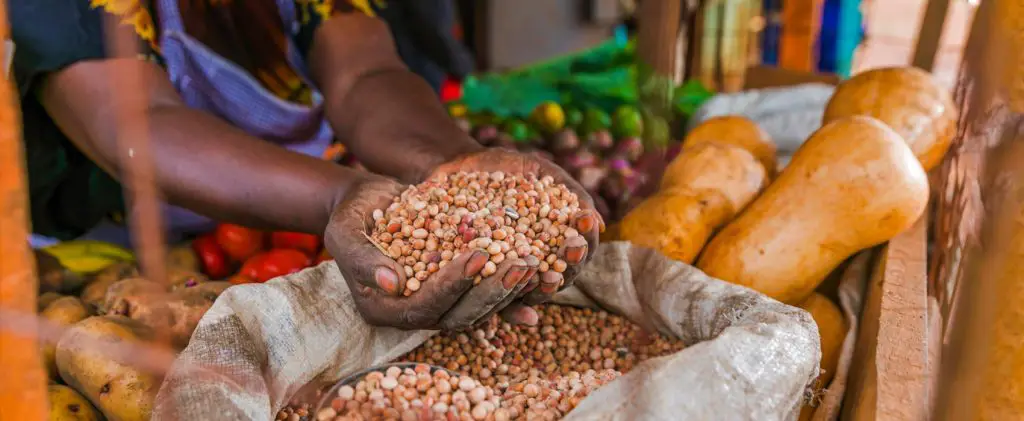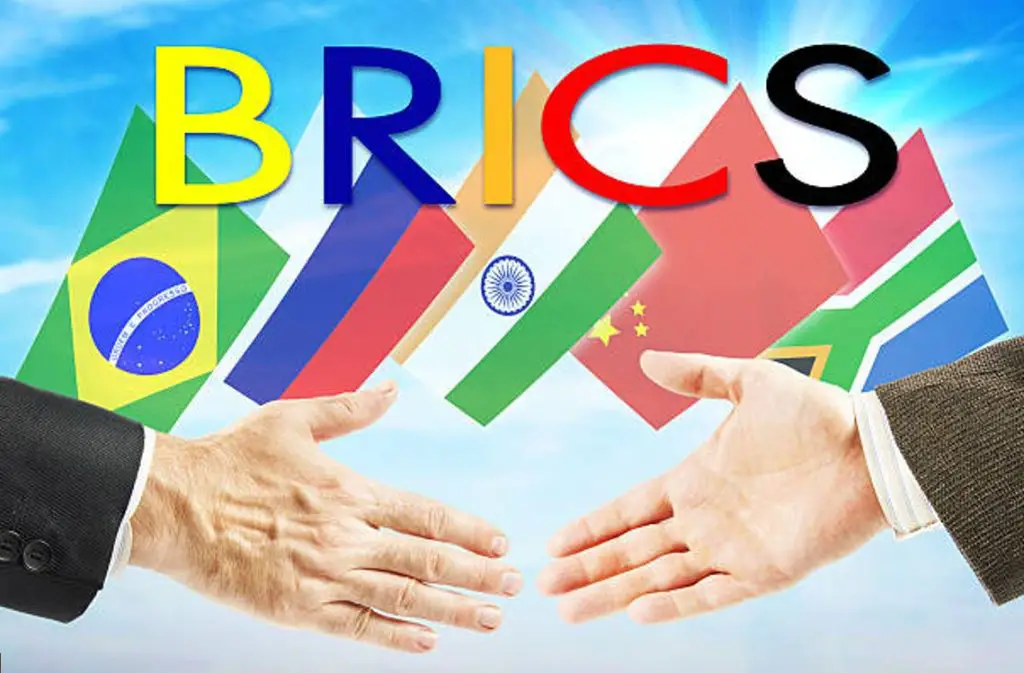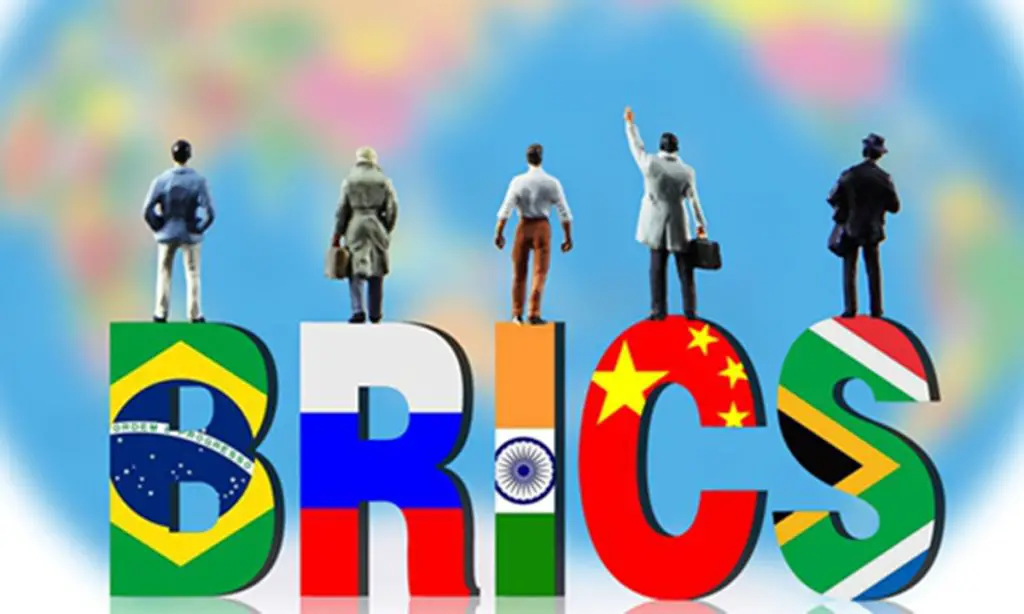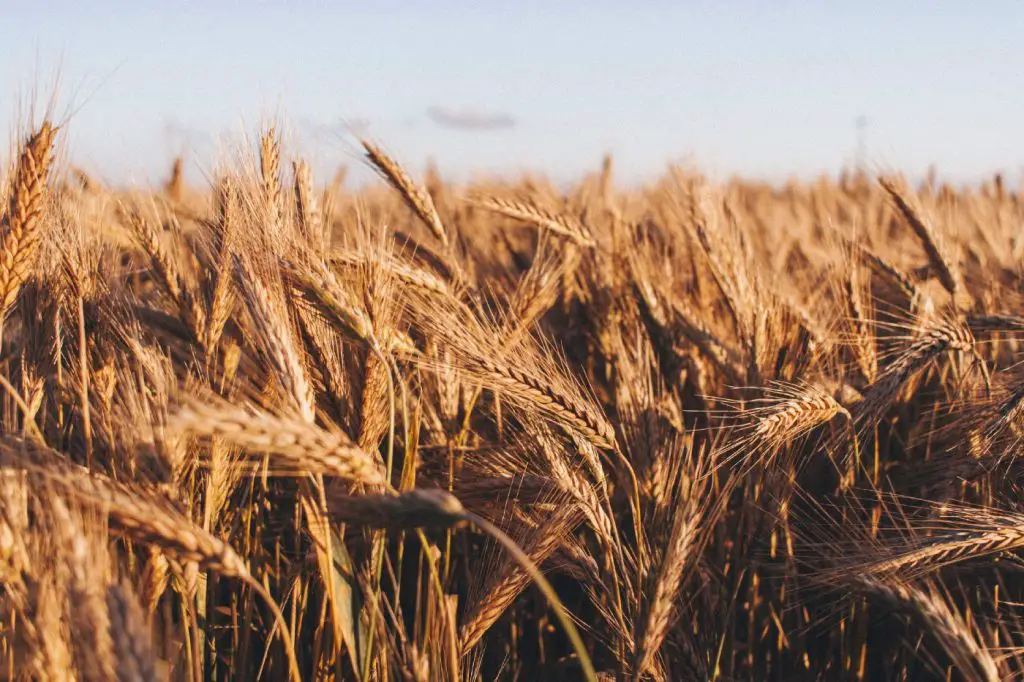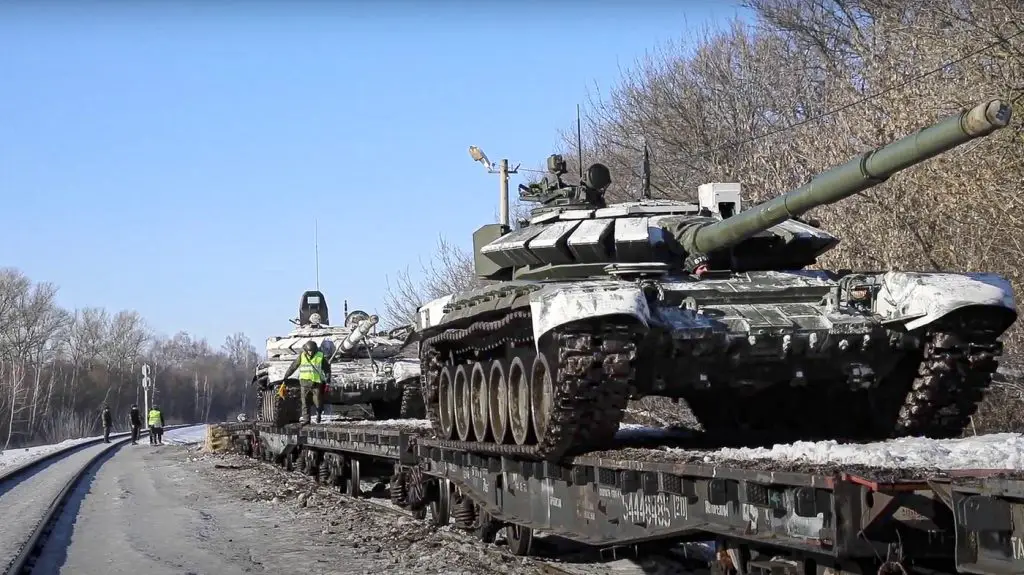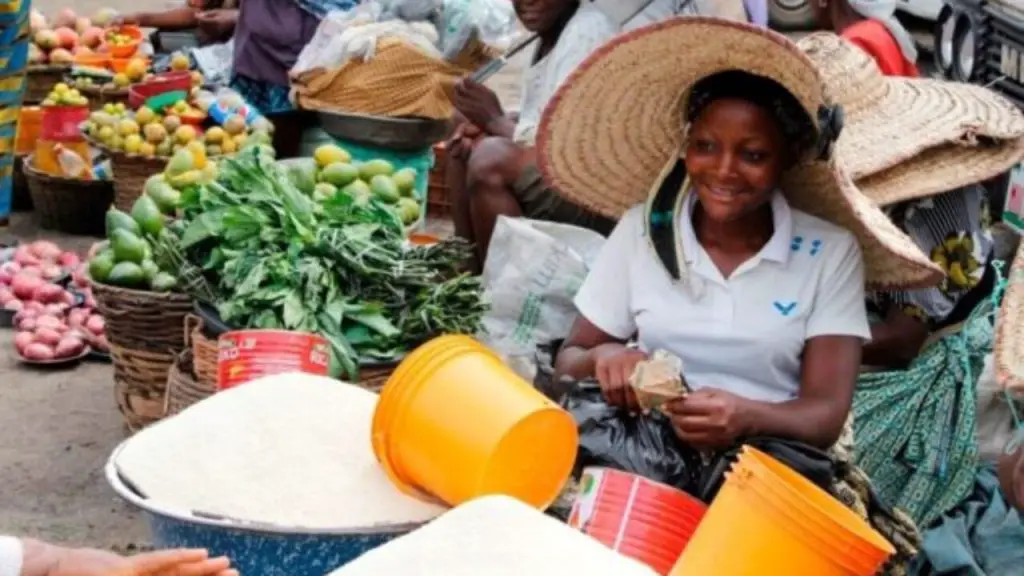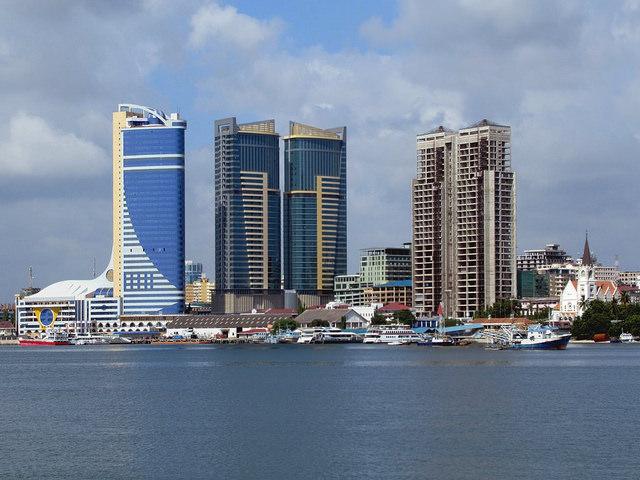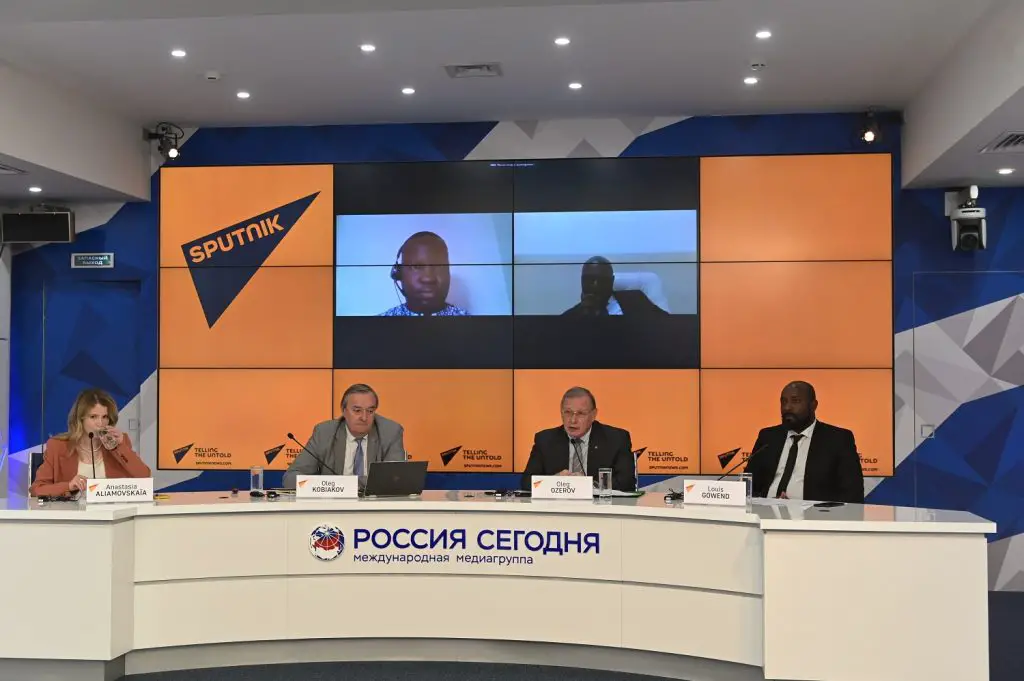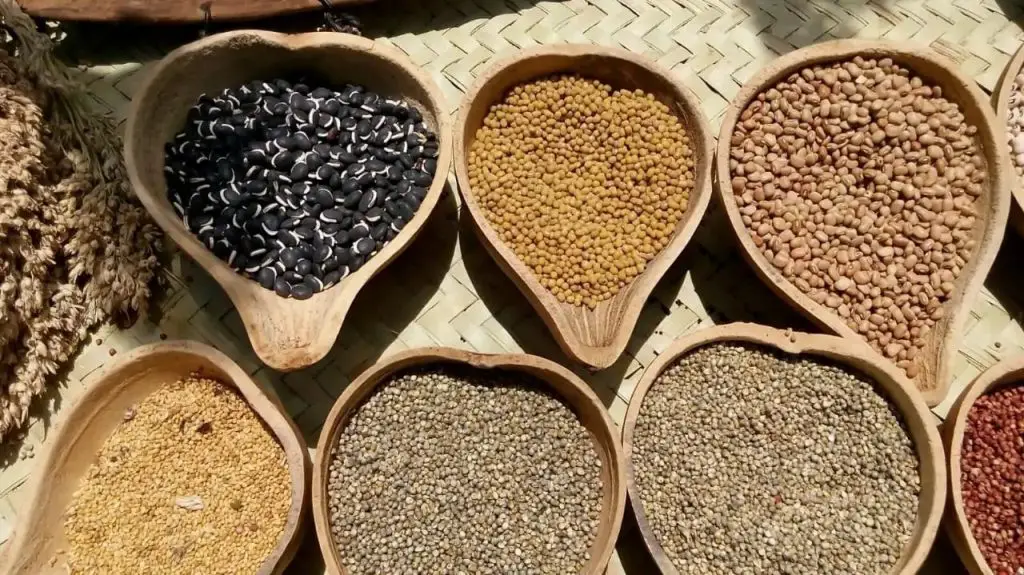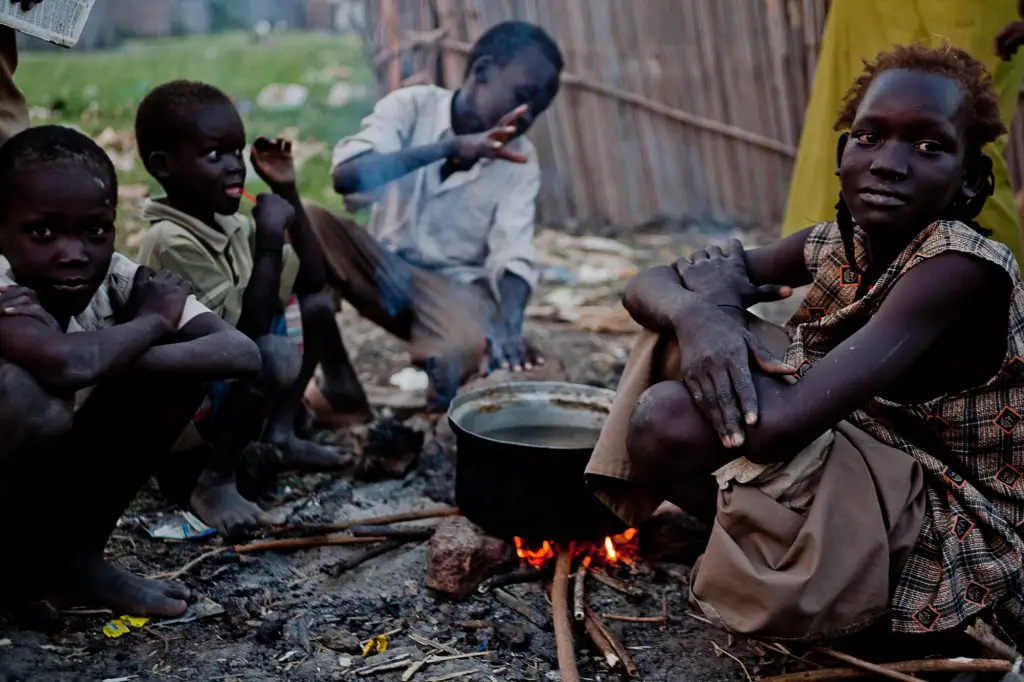- AmCham Summit kicks off, setting course for robust future of US-East Africa trade ties
- Why the UN is raising the red flag on the UK-Rwanda asylum treaty
- Portugal’s Galp Energia projects 10 billion barrels in Namibia’s new oil find
- Wärtsilä Energy offers tips on how Africa can navigate energy transition and grid reliability
- Powering Africa: Africa’s Path to Universal Electricity Access
- Global investment trends at AIM Congress 2024: a spotlight on the keynote speakers
- South Africa’s deepening investment ties in South Sudan oil industry
- Agribusiness could drive Africa’s economic prosperity
Browsing: Russia
Food security in Africa has always been the centre stage of all major global meetings. Photos of starving naked children have been paraded so much that hunger and Africa have become synonymous.
However, after years of talks, recommendations, solutions, funding, monitoring, evaluation, more talks, more recommendations, more funding…and then more years of new talks, new recommendations, new solutions, new funding… it’s exhausting; Africa is still hungry!
The cool acronyms, the endless list of organizations, the countless projects and initiatives, the billions upon trillions issued every year, its all mind-boggling.
Global Development Goals (GDG), Sustainable Development Goals (SDG), World Food Organisation (WFP), International Monetary Fund (IFM), World Bank (WB), African Development Bank (AfDB), Alliance for a Green Revolution in Africa (AGRA)…it goes on and on.…
China presently has the largest sum of foreign exchange reserves in the world. When its over US$ 3 trillion in reserves is added to the reserves of the other BRICS member states the questions as to why they cannot issue their own currency start to grow louder.
Talks of a common currency fizzled out as more pressing national and international matters eclipsed the idea. This year 2022 has seen renewed calls for a common reserve currency emerge once again. This time Russia is leading the call for the creation of a reserve currency that will be an alternative to the United States dollar as a mechanism for the settlement of international transactions.
Russia’s motive for making such a call is obvious, the country has been at war with Ukraine since February 2022. This aggression against Ukraine has earned Russia some of the most stringent economic sanctions in history. What has …
The current large-scale transition of the global economy, principally triggered by the current conflict between Ukraine and Russia as well as the standoff between China and the United States, creates a multipolar world map with new centres of power.
Brazil, Russia, India, China, and South Africa, also known as the BRICS nations, have enhanced industrial and financial might and are pushing for a seat at the global new power axis table. These nations are essential participants in international markets for products, services, and money, having a considerable, sometimes decisive, effect on how the global economy operates.…
Dr. Tiberio Chiari, former Manager of the Agricultural Value Chains Programme in Oromia- Ethiopia, within the Ethio-Italian Development Cooperation Framework, offers some of these efforts that the government has implemented in the Ethiopian wheat value chain that other African countries can learn from.
Launch and execution of suitable growth policies
The government keeps working harder to ensure the country’s current dependence on wheat importation (of about 1.7 million tonnes) is fully nullified. After years of field experimentation, in 2021, the Ethiopian government launched its new plan.
The objective of the plan is to cut down the import of wheat by producing during the cold season in pastoral dry areas currently available in the Awash, Omo and Shebelle river basins. The approach includes the cultivation of 400,000 hectares of land and the deployment of a large-scale commercial farming model to achieve a productivity of 4.4 tonnes/ha.…
Every African region has felt the effects of Russia’s invasion of Ukraine, with West Africa also bearing the burden of a war miles away in Europe.
- At a period when West Africa has been facing a severe food crisis since 2011, the Ukraine conflict has complicated matters further.
- For most West African nations, the expenses of regulating rising prices are already too high.
- The West African economic crisis and the Russia-Ukraine scenario highlight the perilous linkages between diplomatic sanctions, commerce, and food security.
Africa’s post-Covid recovery hampered
The Russian-Ukrainian conflict has hampered Africa’s potential recovery from the COVID-19 pandemic by raising food and fuel costs, interrupting the trade of services and goods, constricting fiscal space, limiting green transitions, and slowing the flow of development funding across the continent.
The crisis has jeopardized homes, communities, and nations across Africa. Before 2020, African countries were among the world’s fastest-growing. The COVID-19 pandemic …
Rising costs have remained a critical issue in the aftermath of the outbreak. Data from the World Bank/NBS Nigeria – COVID-19 National Longitudinal Phone Survey 2020 reveals that food prices rose rapidly following the pandemic. In March and April, basic food commodity prices increased by 17.2 per cent and 18.37 per cent, respectively. According to the National Bureau of Statistics (NBS), the rise remains the highest in two years.
Recent findings based on comprehensive and long-term monthly food price data have revealed considerable price rises for all chosen food categories during the pandemic. Imported rice and wheat costs, for example, have climbed by 41% and 21%, respectively.
Wheat prices surged by 21% nationally, with considerable increases in price dispersion across markets when the epidemic began, and prices continue to grow.
Wheat is the main component of bread and other products such as noodles, pasta, semolina, and other Nigerian pantry staples. …
Further, the IMF argued that the ECF arrangement for Tanzania supports government priorities, strengthening fiscal space for much-needed social spending and high-yield public investment, resuming and advancing the authorities’ structural reform agenda and strengthening financial deepening and stability.
Moreover, the IMF statement noted that “the ECF arrangement is centred on supporting the economic recovery from the scarring effects of Covid-19 and coping with spillovers from the war in Ukraine; preserving macroeconomic stability, and advancing the structural reform agenda toward sustainable and inclusive growth.”
On a broader scale, the IMF’s financial support goes after levitating Tanzania’s essential priorities.…
And now, it is possible that Africa and Russia will have a new way of doing business if proposals to have a new Russian bank for Africa are implemented. This came to the fore after Rossiya Segodnya, which owns Sputnik, held a virtual round table discussion on Tuesday with diplomats, analysts and officials from Russia and Africa to talk about “Global Challenges to Food Security.”
Specialists talked about a wide range of issues related to the current food security crisis that is threatening both Africa and the rest of the world, such as how it started and how Western restrictions on Russia have made the situation worse. The experts also talked about ways to solve the problem.
Oleg Ozerov, the Russian ambassador-at-large and head of the secretariat of the Russia-Africa Partnership, said that the international community had come to agree that the current emergency started long before the crisis between …
Only a few Kenyans are aware of the entire extent of the law’s punitive nature, which has remained hidden from the public. The farming communities in Kenya who are aware of it are shocked that no public engagement was carried out prior to the adoption of this statute.
Greenpeace Africa’s Campaigner, Claire Nasike, says that the Kenya government has failed to do what it was supposed to do, which was to make laws to protect the ownership of native seeds, knowledge about these seeds and the intellectual property rights. The current laws on seeds support neo-colonialism and could make it easy for multinationals, big businesses, and other profit-driven organisations to steal local resources.
Kenya’s 2010 Constitution has made it clear that indigenous seeds, which are also called “informal seeds”, exist and need to be protected. This is done by requiring parliament to pass laws that protect the ownership of indigenous …
- AfDB aims to assist 40 million farmers in raising their production of heat-resistant wheat varieties, soybeans, and rice, among other crops, to feed around 200 million people
- In Africa, climate change threatens to eat into 15 per cent of Africa’s gross domestic product (GDP) by 2030
- Sanctions against Russia have dealt a blow to grain shipments at a period when universal stockpiles were already experiencing a stretch
War victims are sometimes found away from the battlefield. This is the case with Russia’s brutal invasion of Ukraine. Even as the fighting there causes immeasurable destruction and suffering, it also threatens a silent crisis in Africa.
The conflict has sent the food prices in Africa over the roof, making life further complicated for the 283 million already threatened by hunger within the continent. The war in Ukraine has also laid bare Africa’s unending reliance on food imports. Wheat imports represent about 90 …





